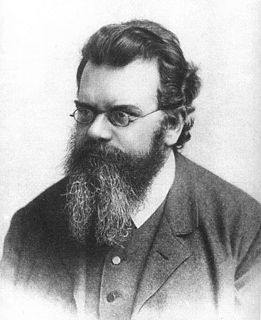A Quote by Frederick Lenz
Enlightenment means that you're never the same. You move and shift as the quiescent state, in a body or out of it. And since the quiescent state is perpetual and endless ecstasy, therefore you are endless.
Related Quotes
There is a brief time for sex, and a long time when sex is out of place. But when it is out of place as an activity there still should be the large and quiet space in the consciousness where it lives quiescent. Old people can have a lovely quiescent sort of sex, like apples, leaving the young quite free for their sort.
In the process of burning out these confusions, we discover enlightenment. If the process were otherwise, the awakened state of mind would be a product dependent upon cause and effect and therefore liable to dissolution. Anything which is created must, sooner or later, die. If enlightenment were created in such a way, there would always be a possibility of ego reasserting itself, causing a return to the confused state. Enlightenment is permanent because we have not produced it; we have merely discovered it.
What do you mean, 'playing really creatively'? Can you give me an example?" "Hmm, let's see ... you send the music deep enough into your heart so that it makes your body undergo a kind of a physical shift, and simultaneously the listener's body also undergoes the same kind of physical shift. It's giving birth to that kind of shared state. Probably.
The first act by virtue of which the State really constitutes itself the representative of the whole of societythe taking possession of the means of production in the name of societythis is, at the same time, its last independent act as a State. State interference in social relations becomes, in one domain after another, superfluous, and then dies out of itself; the government of persons is replaced by the administration of things, and by the conduct of processes of production. The State is not abolished. It dies out.






























